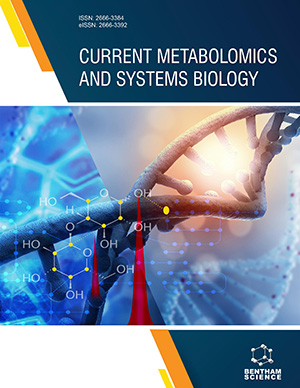Abstract
Despite the meritorious measures taken to curb the malaria scourge in the
last two decades, the drug-resistance phenomenon threatens to reverse the gains made.
Evidence of partial resistance against the first-line antimalarial drugs, the artemisininbased combination therapies, in Africa, a region that accounts for 95% of global
malaria cases, has aroused fears that it could spread fast and significantly jeopardise
malaria control and eradication efforts. While the antimalarial drug discovery pipeline
has several, encouraging candidates emerging through it, unfortunately, the attrition
rate is high, with some candidates failing either in preclinical studies or clinical trials.
Moreover, the rate of emergence of drug-resistant Plasmodium parasite strains far
exceeds that of the drug discovery and development process. These challenges demand
novel strategies to complement the discovery and development of new therapeutics.
One such strategy is the reversal of Plasmodium falciparum resistance to old
antimalarials by combining these drugs with agents that specifically target drugresistance mechanisms. This strategy has been successfully used in the antibiotics field,
with a classical successful example being the amoxicillin and clavulanic acid combination. In this chapter, we present a case for the need to discover and develop antimalarial
drug-resistance reversal agents to prolong the efficacy and use of currently available
antimalarial quinoline drugs as well as the re-use of old antimalarial quinoline drugs
that have been rendered ineffective by drug-resistance. Furthermore, we provide an
overview of noteworthy significant innovations that have been made in the field in
search for antimalaria drug-resistance reversal agents. We conclude by providing
perspectives on how these efforts can be expedited.






















